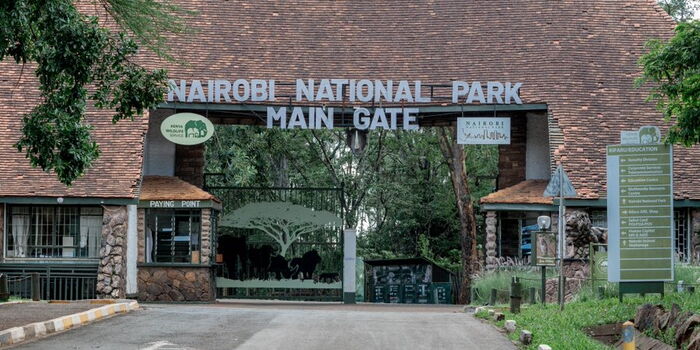Visitors heading to Kenya’s national parks, reserves, and sanctuaries will pay new conservation fees starting Wednesday, 1 October 2025.
The Kenya Wildlife Service (KWS) announced the changes on Monday after Parliament approved the Wildlife Conservation and Management (Access, Entry and Conservation) (Fees) Regulations 2025 through Legal Notice No. 160 of 2025.
Why the Changes?
The new structure comes 18 years after the last major review. Officials say it is designed to raise funds for conservation, improve visitor services, and keep Kenya competitive with global safari destinations.
Tourism and Wildlife Cabinet Secretary Rebecca Miano voiced support for the tariffs, assuring that her ministry was committed to a “smooth and transparent rollout.”
KWS Director General Erustus Kanga added that all bookings made and paid for before the announcement would still be honoured. “The revised fees will therefore apply only to new bookings made for 1st October onwards,” he clarified.
Seasonal and Tiered Pricing
The fees will now vary by season—July to March as high season, April to June as low season—and by visitor category: Kenyan citizens, residents, or non-residents.
Key Park Entry Fees (Adults):
-
Amboseli & Lake Nakuru: Citizens/EAC residents – Ksh1,500 (up from Ksh860).
-
Tsavo East & Tsavo West: Citizens/EAC residents – Ksh1,000 (up from Ksh515).
-
Nairobi National Park: Citizens – Ksh1,000 (high season), Ksh600 (low season). Non-residents – Ksh7,500 (high), Ksh5,000 (low).
-
Meru, Kora & Aberdare: Citizens – Ksh800. Non-residents – Ksh5,169 (low), Ksh9,046 (high).
-
Hell’s Gate, Mt Longonot, Lake Elementaita: Citizens – Ksh500. Non-residents – Ksh2,584 (low), Ksh6,461 (high).
Children (5–17 years): New, age-specific fees apply across all parks.
Annual Passes and Discounts
-
Adult annual pass – Ksh45,000.
-
Child pass – Ksh10,400.
-
Family pass (2 adults + up to 5 children) – Ksh130,000.
-
Tour drivers – Ksh6,000.
Free entry is guaranteed for senior citizens aged 70 and above and persons with disabilities.
Discounted rates will be available for schools, educational groups, and professional delegations. Additional charges have also been introduced for water sports, vehicles, motorcycles, boats, aircraft, helicopters, and drones.
Looking Ahead
While some Kenyans may feel the pinch of higher entry fees, conservationists argue that sustainable funding is critical to protecting wildlife habitats. The new structure, KWS insists, balances affordability with the urgent need to secure the country’s natural heritage.

